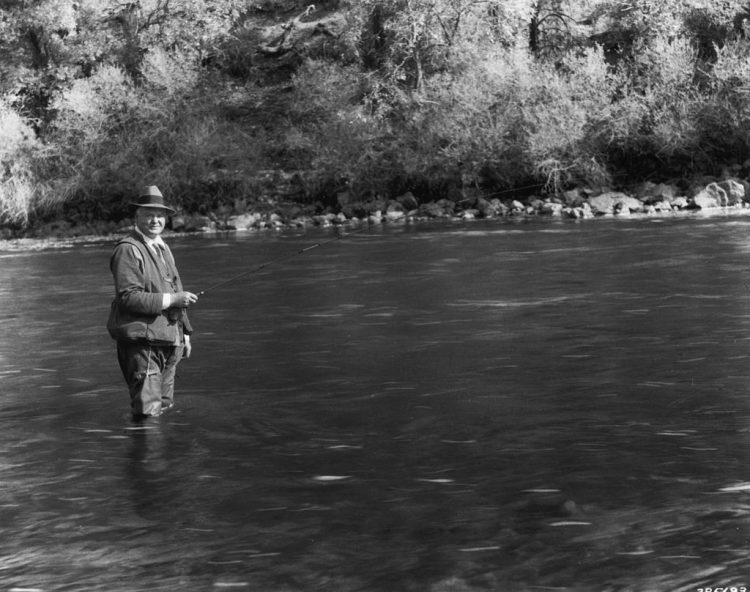
In the last several years, talk about the idea of “self-care” — doing things to care for your own mental, emotional, and physical health — has become more and more common. At first, the term felt a little cringey and self-indulgent, something used largely amongst women-focused lifestyle blogs to rationalize booking a spa day and by the wellness industry to sell pampering products.
But if self-care has sometimes been overused as a buzzword, its fundamental premise is still quite sound. In any time, the frustrating, stressful, anxiety-ridden, existential-angst-generating nature of modernity can wear a person down, and the past year has only highlighted this fact all the more acutely. Consequently, folks have come around to the idea that to stand a chance of keeping your head above water, practicing self-care is vital — for both women and men alike.
If, despite the penetration of self-care into the cultural zeitgeist, you still struggle with feeling like it’s sissified, indulgent, or simply not something for which you have time, it’s helpful to realize that men with arguably the most pressure-filled job on earth — serving as leader of the free world — made time for self-care. While they wouldn’t have called it that, many American presidents pursued habits, pastimes, and hobbies that were intentionally designed to ameliorate their stress and rejuvenate their mental and physical faculties. They didn’t do so despite the taxing nature of their work, so much as because of it; rather than being selfish, these practices allowed presidents to “sharpen the saw,” restoring their ability to function in their demanding duties.
Below we highlight five examples of the way past POTUS-es did self-care, as inspiration for prioritizing your own.
braham Lincoln — TheaterHe had never seen Shakespeare performed on the stage until he became President. After that he rarely missed an opportunity. In February and March 1864, at one of the most dangerous periods of the war, he took time off from his duties to see the great tragedian Edwin Booth perform in Richard III, Julius Caesar, The Merchant of Venice, and Hamlet. —David Herbert Donald, Lincoln
Though Abraham Lincoln became a fan of literary drama, especially Shakespeare, amidst the dogged self-education he undertook as a youth, opportunities to see these works performed on the stage were virtually non-existent for him before arriving in Washington to serve as president. From then on, however, theatergoing became a regular source of escape and entertainment — even when, in fact especially when, the turmoil of the Civil War deepened. It’s estimated that Lincoln attended over 100 plays during his time as president, or, on average, about once every other week.
Lincoln always went to the theater with a friend or adviser, eschewing his security detail’s near-constant warnings against being in crowds of any sort. These outings weren’t slyly about politics or strategy; they were about socializing and Lincoln getting the chance to remove his thoughts from the war. As an article from the Ford’s Theatre Foundation notes: “Theatres were places people could forget their everyday lives and concerns.”
Think about how immersive the experience of going to a theater is — the darkness, combined with the stage lighting, focus your attention almost like blinders on a horse. At the end of a long show, you come out of the theater almost in daze, wondering what time it is and how the hours passed so quickly — and, hopefully, enjoyably. One can picture the lanky president coming out of the theater with a smile on his face, having relieved his stresses, even if just for a few hours. It is, of
No comments:
Post a Comment